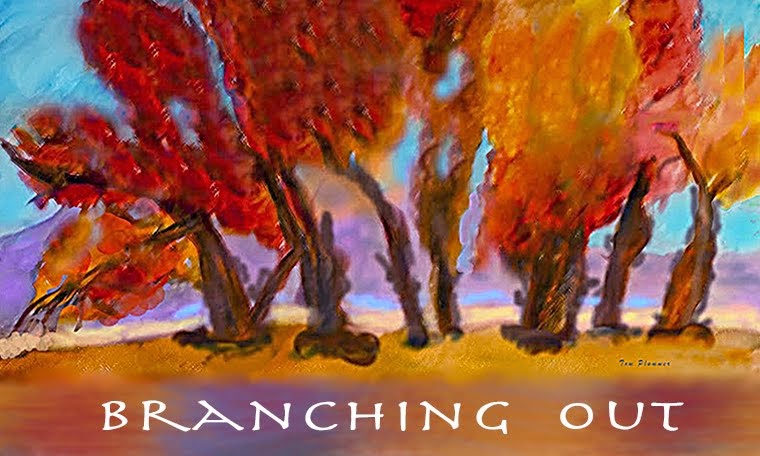The long wait is over and it's time to roll up my sleeves. While I have studied the Bible since my VBS days, this is a broader view of the canon. We are going to look at how and why Judaism grew into a religion of rites, Biblical ideas concerning history, sin, faith, and the end of the world. We will discover why the Bible remains an essential resource to understanding high art, popular culture and international politics today and how it shaped the arts in the West.
Pity we can't teach the Bible in school.
My classmates are diverse as the Bible itself. Here's my first impressions and descriptions of them:
British Accent - she's old, studied Economics when women couldn't enter into professional programs, she might be losing her mind because she seems to wander all over the place when she talks.
Porcelain Doll - she's a high school student in her senior year who is in pageantry. She assures us that beauty queen pageants aren't about walking across the stage in a pretty dress, that the women are very smart. I can't help but feel she's here at Harvard this summer to prove that point. She practises her smiling throughout the class.
Jewess with the very large hair - she wants to know about Kabbal and the mystics. She's also a senior in high school and ONLY plays the piano.
Harvard Senior #1 - he needs this credit to graduate, he has never opened a Bible nor been instructed in its teachings. He is a math and economics. The prof is spewing out facts and drawing maps and HS#1 can't keep up with the note taking. He's discouraged. I wonder if he will be here tomorrow.
HS#2 - she is also a math major and needs this credit to graduate. She's the complete anthesis from Porcelain Doll. She's late. She didn't read the updated email about class relocation. She loves when we have to draw the map of the middle east.
Catholic Journalist from "those islands near China" - I wonder why he doesn't just say he's from the Philippines? As a new born again Christian, he wants to know the Bible inside out.
Chinese dance instructor - we all lean in to hear what she has to say because she speaks softly. I notice her note taking which is much like her voice: small and condensed.
Ex-Military War Correspondent - she's like me working on her masters and this is her last semester. She's from Alabama, the Bible belt, and yes she's picked cotton. She's travelled all over the world with her job. She looks you straight in the eye when she talks to you and I just liked her immediately for how authentic she was.
Our prof taught at Cornell for 12 years before he came to Harvard. He specializes in Milton and Shakespeare. The student review Rate My Prof suggested he was McDreamy in Tweed. He could use one of my shopping makeovers. He looks frumpy but who cares? This guy knows how to tell a story and keep us mesmerized. He follows the Socratic method of teaching. He brings in a very pagan crude statue with a large round "world" on top of a donkey and on top of the world there is a pregnant woman crouching ready to give birth. I'm not quite sure how this stature relates to the lecture. He assigns the first 25 chapters in Genesis for Wednesday. I'm feeling pretty good that I have already done this reading for another class that starts tomorrow.
Our evaluation will be based on two tests, a memorization (Pslam 137), a research paper and class attendance.

